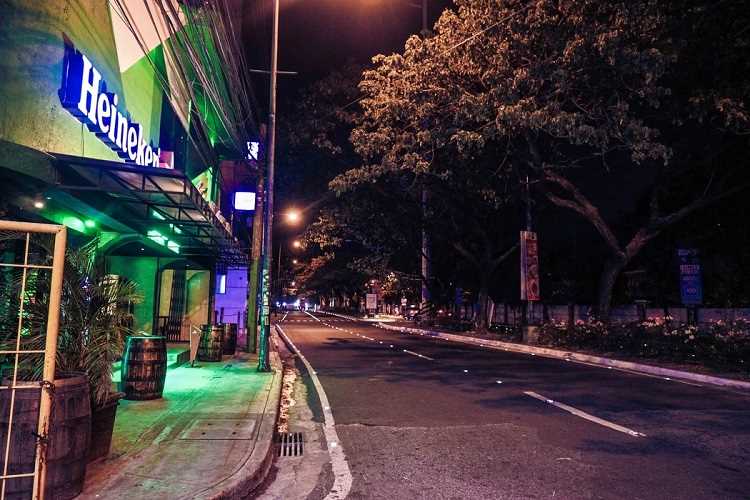Times are tough all over.
What was supposed to be a month-long Manila shutdown has been extended to the end of April at the very least, and the quarantine could last longer still.
Karlo Nograles, spokesperson for the country’s coronavirus task force, said that the request was made to the Rodrigo Duterte administration because the team of medical professionals believes that COVID-19 cases are continuing to grow and threaten to overwhelm the country’s medical infrastructure.
Duterte signed off on the measure immediately.
The rationale here is that extending the quarantine is designed to buy time for the Philippines in their ability to deal with increased patient loads.
Per Nograles, the extended quarantine will also give the government time to increase its testing and tracking abilities, and the nation is working on reducing Chinese coronavirus test times from several days to just 24 hours:
“This is our game plan while we haven’t seen the peak yet. If we can make these changes, experts said we can push the peak of COVID-19 in the country to 2021. Hopefully, by then, there [will be] a vaccine.”
Of course, for Manila brick-and-mortar casinos, this is necessary if unwelcome. As reported earlier, PAGCOR – and by extension, the PH government – is losing an estimated US$120 million for each month that its resort casinos and other retail betting shops and kiosks are closed.
In related news, the Cebu City Police Office (CCPO) on Monday filed illegal gambling charges against 56 members of an underground cockfighting ring.
While sabong is considered a national sport in the Philippines and is regulated by PAGCOR, unregulated cockpits are a continual problem. Now more than ever, they are especially unsafe, as patrons to these events – often in the hundreds – are gathering despite social distancing mandates. As such, what is typically a regulatory oversight issue is now a public health issue.
Given the health factors at play, it is ironic that there has lately been a push to ban extending sabong to OTB (off-track betting) venues. In 2019, the Philippine Congress passed HB 8910, which would ostensibly ban online sabong, or e-sabong.
However, President Duterte has not yet signed the bill, and the fact that online gambling is now being shown to be a recession- and virus-proof market, many in government may change their tune. Hopefully, the Philippines will make domestic online casinos and sports betting available to its residents instead of limiting in POGO operations to out-of-country clientele.
To close, there is a bit of good news to report!
According to a press release published by ReportLinker on April 13, global gambling revenue – and the footprint of the global gambling market – is maintaining its upward trajectory, fueled in large part by the Asia-Pacific region, in which the Philippines plays a major role.
“The Asia-Pacific is projected to witness the highest growth during the [2025] forecast period…
The Asia-Pacific region is studied across Australia, China, India, Indonesia, Japan, Malaysia, Philippines, South Korea, and Thailand. The Europe, Middle East & Africa commanded the largest size in the Online Gambling Market in 2019. On the other hand, the Asia-Pacific is expected to grow at the fastest [Compound Annual Growth Rate] during the forecast period.”
In the shadow of the Chinese coronavirus forcing the closure of the entire brick-and-mortar Philippine gambling market, this is unexpectedly positive.
In the meantime, for Filipinos under quarantine and unable to gamble at domestic venues, offshore casinos and betting sites are accepting PH residents. You will not be violating any Philippine gambling laws by using these offshore casino sites, and you can enjoy a number of markets, from casino gaming and eSports betting (including the popular NBA 2K League) to virtual sports wagering, horse racing, and more.

